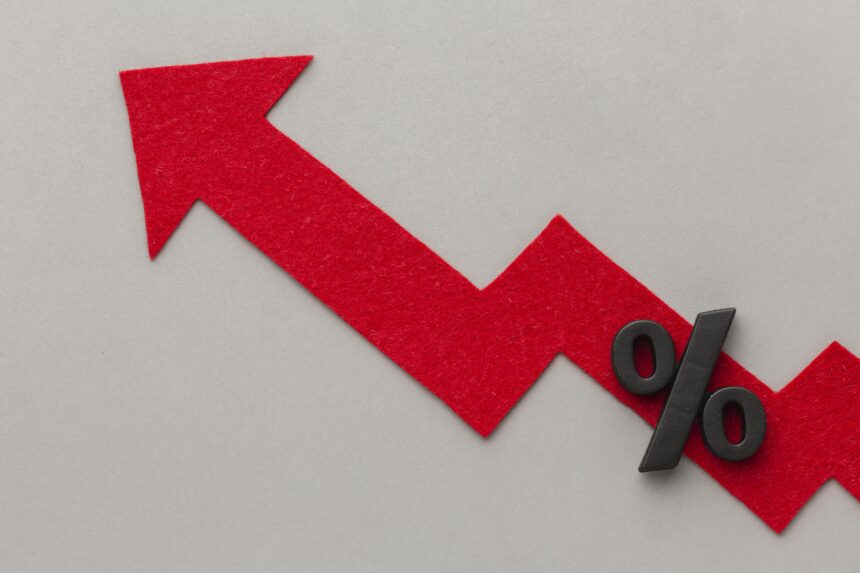Inflation is a crucial economic indicator that measures the general increase in prices of goods and services over time. It affects various aspects of an economy, including purchasing power, interest rates, and investments. One area particularly influenced by inflation is the stock market, where changes in price levels can have a significant impact on investment returns. This article aims to explore the impact of inflation on the Johannesburg Stock Exchange (JSE) and how it affects stock market returns.
The JSE is the largest stock exchange in Africa and plays a vital role in South Africa’s economy. It provides a platform for companies to raise capital and investors to participate in the growth and profitability of businesses. As such, the performance of the JSE is influenced by a multitude of factors, including inflation.
One of the key ways inflation affects the JSE stock market returns is through its impact on interest rates. When inflation rises, central banks often respond by increasing interest rates to curb excessive spending and maintain price stability. Higher interest rates can have both positive and negative effects on the stock market.
On one hand, higher interest rates make borrowing more expensive for companies, leading to increased costs of capital. This can hinder business expansion plans, reduce profitability, and potentially dampen investor sentiment. Consequently, stock prices may decline as investors anticipate lower future earnings and adjust their valuations accordingly.
On the other hand, higher interest rates can attract investors seeking fixed income investments. When interest rates rise, bond yields also increase, making bonds relatively more attractive compared to stocks. As a result, some investors may shift their funds from the stock market to fixed-income investments, causing a decrease in stock prices.
Moreover, inflation erodes the purchasing power of currency over time. As prices of goods and services rise, the value of money decreases. This can have a direct impact on stock market returns. In times of high inflation, investors may seek to preserve their wealth by investing in assets that can outpace or hedge against inflation, such as stocks. This increased demand for stocks can drive up prices and result in positive stock market returns.
However, it is important to note that the relationship between inflation and stock market returns is not always straightforward. Inflation expectations and the overall economic conditions also play significant roles in shaping investor behavior. For example, if investors anticipate that inflation will be temporary and the central bank will take appropriate measures to control it, they may continue to invest in the stock market, expecting positive returns despite inflationary pressures.
Furthermore, the sectors represented in the JSE can also influence the impact of inflation on stock market returns. Some sectors, such as commodities, tend to benefit from inflation as rising prices increase the value of their underlying assets. Conversely, sectors that rely heavily on borrowing, such as consumer discretionary or construction, may face challenges due to increased costs.
To mitigate the impact of inflation on JSE stock market returns, investors can employ various strategies. Diversification across sectors and asset classes can help spread risk and minimize the potential negative effects of inflation on specific investments. Investing in companies with strong pricing power, which can pass on increased costs to consumers, may also provide a measure of protection against inflationary pressures.
In conclusion, inflation is an important factor influencing the JSE stock market returns. Changes in inflation levels can impact interest rates, investor sentiment, and the purchasing power of currency, all of which can have implications for stock prices and investment returns. Understanding the relationship between inflation and the stock market can help investors make informed decisions and manage risk effectively in their investment portfolios.










